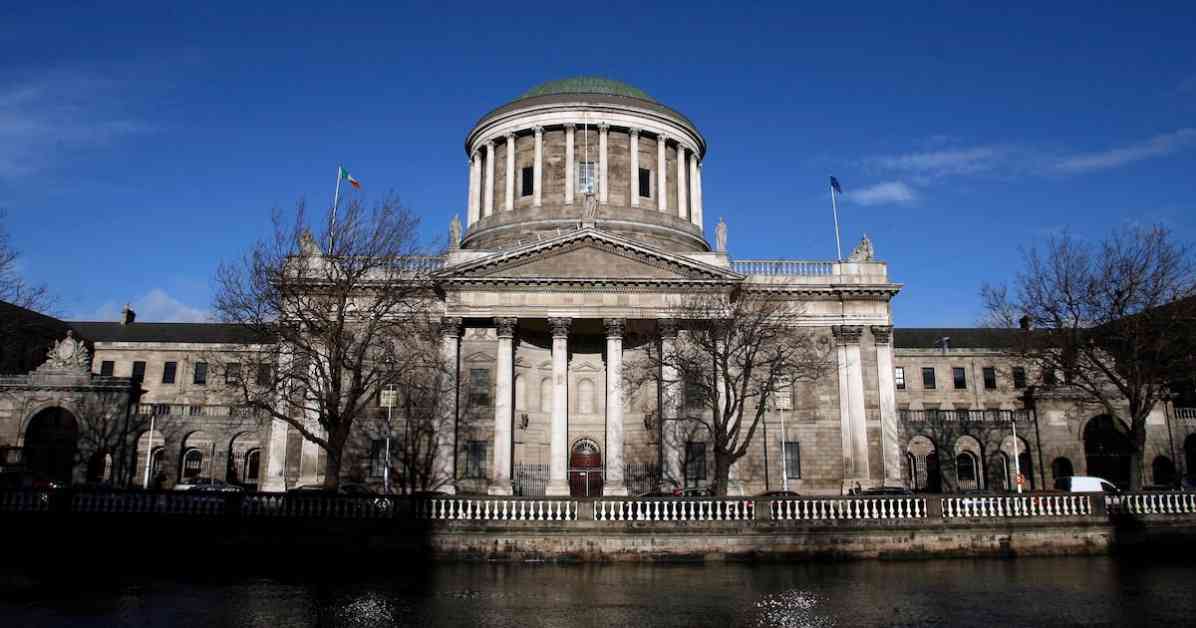Summary:
A security services firm, Fire Safety Security Advantage Ltd (FSSA), formerly known as Superior Group Ireland Ltd, has lost a High Court challenge to repay €2.2 million in Covid wage subsidies received from Revenue. The firm failed to meet the terms of the Employment Wages Subsidy Scheme introduced under the Emergency Measures in the Public Interest (Covid-19) Act 2020. Despite appealing the decision, the Tax Appeals Commission and the High Court upheld Revenue’s decision that the subsidies must be repaid.
In a recent legal battle, Fire Safety Security Advantage Ltd (FSSA) found itself in hot water over €2.2 million in Covid wage subsidies that it received from Revenue. The High Court, presided over by Mr. Justice Rory Mulcahy, ruled against FSSA’s appeal, stating that the company had not complied with the terms of the Employment Wages Subsidy Scheme introduced under the Emergency Measures in the Public Interest (Covid-19) Act 2020. Let’s delve into the details of this case and unravel the complexities surrounding the repayment of these subsidies.
The Legal Battle Unfolds
Between July 2020 and August 2021, FSSA, formerly known as Superior Group Ireland Ltd, received a substantial sum of €2,244,179 in subsidies through the Employment Wages Subsidy Scheme. However, in July 2022, Revenue issued 14 separate assessments that mandated the full subsidy amount to be repaid by FSSA. The company then turned to the Tax Appeals Commission (TAC) for recourse, but the TAC sided with Revenue in December 2023, affirming that the subsidies were incorrectly paid out.
Mr. Justice Mulcahy’s verdict in the High Court further solidified the ruling, emphasizing that the subsidy scheme operated on a self-certification basis. Employers were advised to retain evidence demonstrating their eligibility for the scheme by anticipating a revenue reduction due to Covid-19. When FSSA contested the assessments, it failed to provide such evidence, instead relying on actual turnover reduction figures that did not meet the required 30% decrease for any specified period. The court concluded that without meeting the qualifying criteria, FSSA was not entitled to the subsidies, and thus, the full amount must be repaid.
Implications and Lessons Learned
This legal showdown between FSSA and Revenue sheds light on the importance of strict adherence to government subsidy guidelines, especially during times of crisis such as the Covid-19 pandemic. Businesses must exercise caution and diligence in their applications for financial assistance to avoid potential legal ramifications down the line. The case serves as a cautionary tale for companies navigating the complex landscape of pandemic relief programs, urging them to meticulously document their eligibility and compliance with subsidy requirements to prevent costly legal battles and repayment obligations.
As we reflect on this case, it underscores the critical need for transparency and accountability in financial dealings, particularly when public funds are involved. The repercussions of failing to meet subsidy criteria can be significant, both in financial terms and reputational damage. Moving forward, businesses must prioritize ethical practices and regulatory compliance to avoid entanglements like the one faced by FSSA. In the end, the story of FSSA serves as a stark reminder of the consequences of cutting corners and the importance of upholding integrity in all business operations.












